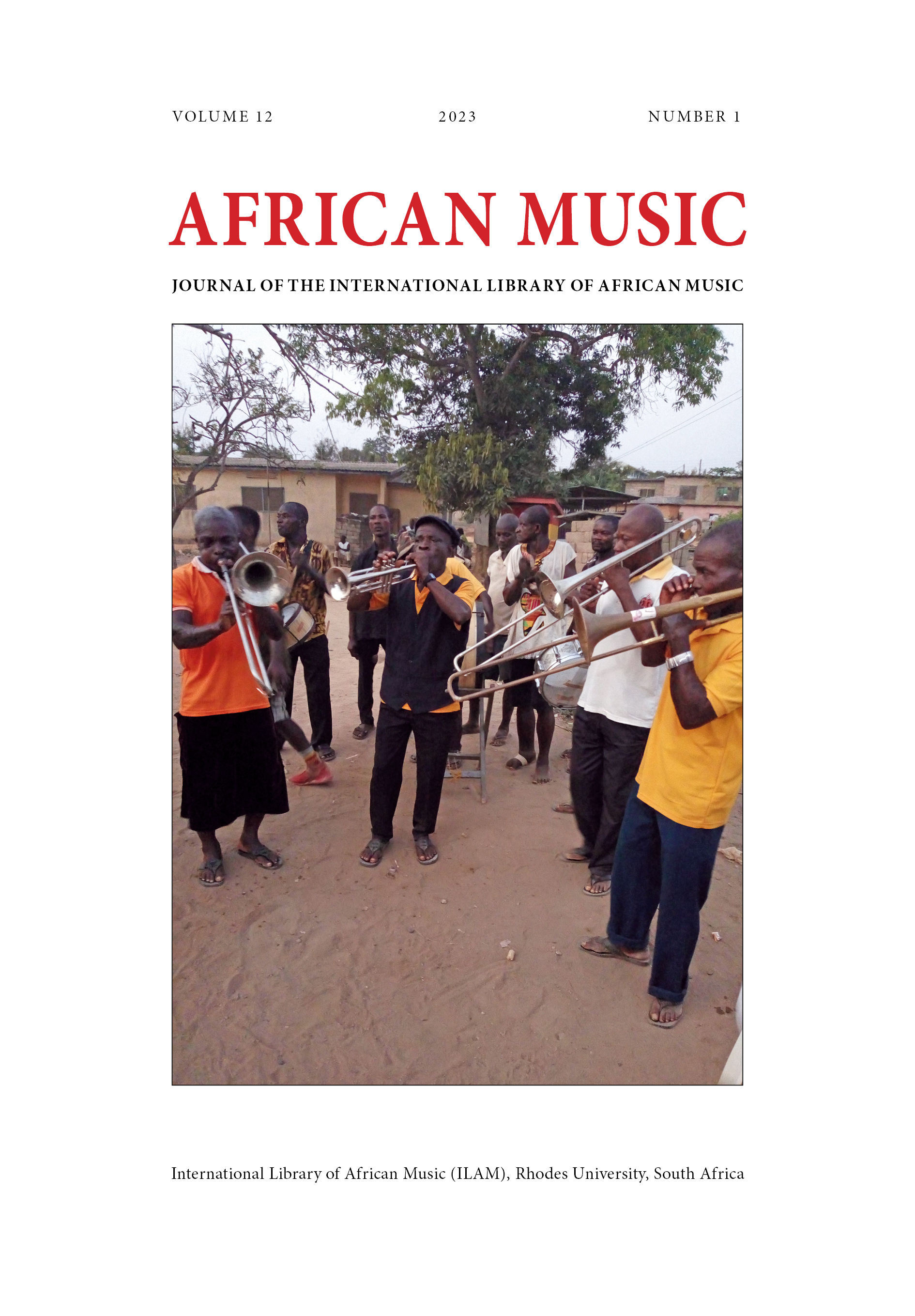Main Title
Adaptation of indigenous approaches to music pedagogy
Alternative Title
Abstract
Currently, music education in Ghana emphasises Western models, thoughts, content, practices, and pedagogy. Conversely, musics that may use alternative transmission practices, express elements of music differently, or utilise indigenous learning systems have only a marginal place in the curriculum. Over the past decades, there have been several attempts to decolonise the study of music in African higher institutions. Yet, such efforts have largely been limited to adding local content to the curriculum. In the Ghanaian context, brass bands constitute one of the major musical legacies of the colonial enterprise and are a clear enactment of decolonisation, yet they are considered mere entertainment bereft of deeper significance. Little is said about them in the discourse of decolonisation. Drawing on indigenous learning systems, frameworks, and methodologies used by local brass band musicians in Cape Coast and Elmina, I argue that indigenous knowledge systems of music instruction are as valuable as Western methods. Th e notion of the university as the only place for the advancement of thought and knowledge production — at the expense of indigenous knowledge systems as these pertain to music — should be challenged by African music scholars. Community ensembles must be valued for their contribution to musicological knowledge and discourses as well as for their preservation and transformation of music knowledge. I conclude that such valorisation will be an important step towards decolonising the music curriculum at universities in Ghana.
Type of Resource
Language
Created at Date
28/04/2025
Associated Entities
Additional Date
Created at Country
Located at
Subject
In Collection
Preview Image

Identifier
Resource Type
-
TypeDigitalDescriptiontextNotepages: 57-76Methodborn digital
